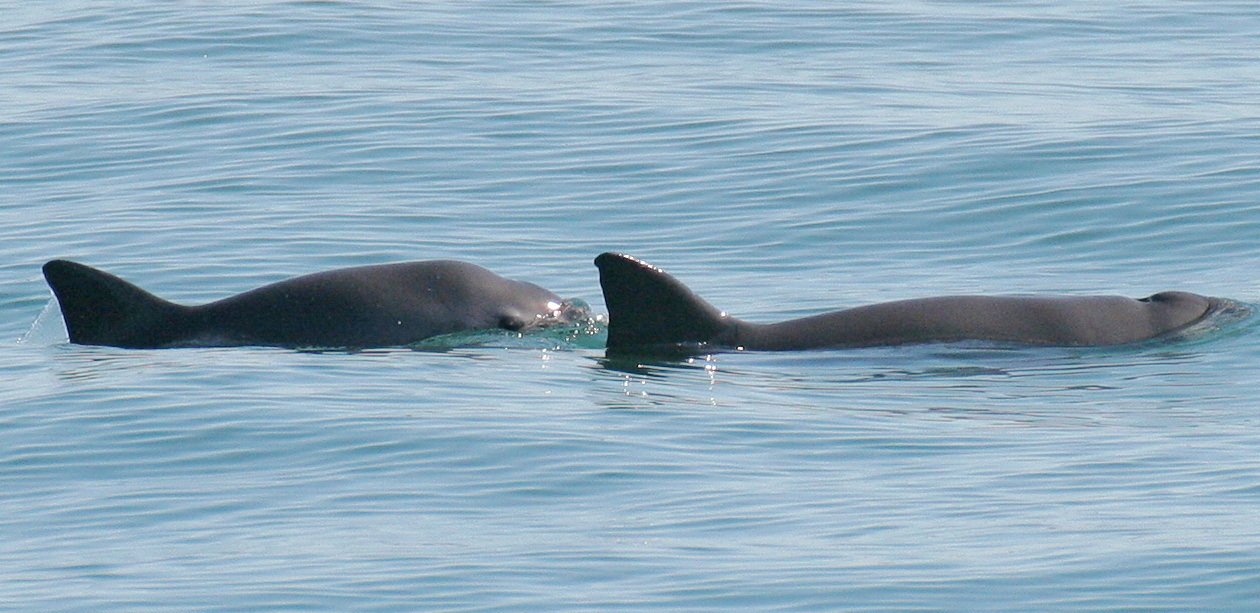Scientific committee for IWC noted in a report that between 2015 and 2018, the population of vaquitas decreased by 83%, with only nine or ten of the marine animals remaining.

The endangered vaquita porpoise, whose population is thought to have decreased to fewer than a dozen, has received an extinction alert, according to the International Whaling Commission (IWC), the organization’s first-ever extinction warning.
The scientific committee for the IWC noted in a report that between 2015 and 2018, the population of vaquitas decreased by 83%, with only nine or ten of the marine animals remaining.
The IWC stated in its alert that it believes a new mechanism is required “to voice extinction concerns for an increasing range of cetacean species and populations.”
However, the institution asserted that it thinks that if the ban on gill netting is fully enforced in the vaquita’s primary habitat, the animal may have “a chance of recovery.”
It declared that “the extinction of the vaquita is unavoidable unless 100% of gillnets are immediately replaced with alternative fishing gears that protect the vaquita and the livelihoods of fishers.”
A trade embargo was rejected by the U.S. government in July despite the U.S. interior secretary declaring in May that Mexico had failed to stop the illegal wildlife trade that threatened the vaquita.
The endangered vaquita porpoise (Phocoena sinus) is a small cetacean species that inhabits the Gulf of California, also known as the Sea of Cortez, in Mexico. It is considered the most critically endangered marine mammal and is characterized by its distinctive appearance, with dark patches around its eyes and lips.
The primary threat to the vaquita’s survival is bycatch, which occurs when the animals become unintentionally trapped in illegal gillnets used for fishing the totoaba fish. The totoaba swim bladder is highly valued in traditional Chinese medicine and is illegally traded on the black market. The government of Mexico has come under pressure to put an end to the practise.
Despite conservation efforts, the vaquita population has drastically declined in recent years due to bycatch incidents, habitat degradation, and other factors.